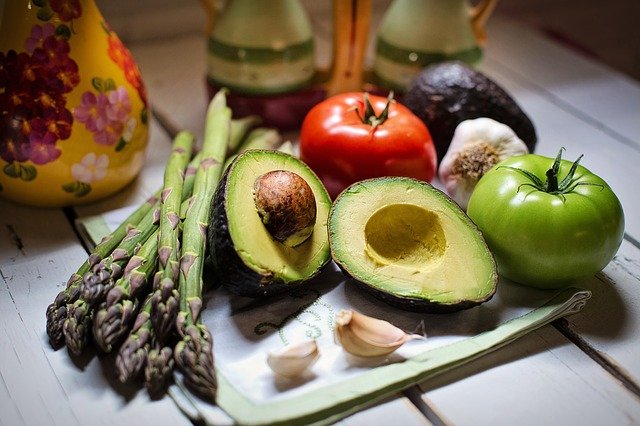
A vegan does not consume any products of animal origin.
A vegan is a person who does not eat food products of animal origin . Like vegetarians , vegans do not eat meat of any kind (pork, beef, lamb, fish, chicken, etc.) but, unlike lacto-ovo vegetarians, they also do not consume eggs, dairy products or honey .
Veganism , therefore, is part of vegetarianism, which is a broader group. A person who does not eat meat but does consume cheese , to cite one possibility, is a vegetarian but not a vegan. On the other hand, all vegans are vegetarians.
Origins of the concept of vegan
It is interesting to know that the term veganism dates back to the 1940s. And it was in 1944 when the British Donald Watson coined it, who also proceeded to found the Vegan Society. This is a man who made the aforementioned veganism his philosophy of life from an early age, when he decided that he was not going to eat anything that had animal origin, since he had grown up on a farm.
There are many approaches or reasons that can lead a person to become vegan. Specifically, you can do it because you have health problems such as allergies to certain foods; for an ethical issue, not wanting animals to suffer for anything in the world; and even for environmental reasons. By the latter we mean that it adopts this position because it considers that eating animals can lead, due to different circumstances, to causing serious damage to nature.
The role of the nutritionist
It is important to note that, to become vegan, it is advisable to have the advice of a nutritionist so that the diet includes all the vitamins and minerals necessary to stay healthy.
With good planning, a vegan diet can be rich in vitamins C, D and E, magnesium, calcium , iron and zinc. In fact, there are those who maintain that veganism helps reduce the risk of suffering from certain diseases . Among the foods that have the most prominence in the vegan diet we find the following: legumes, nuts, cereals, tofu , soy milk...

All vegans are vegetarians, but not all vegetarians are vegans.
How a vegan should take care of his health
When it comes to being able to carry out a vegan diet without endangering one's health, a series of guidelines are established that must be followed, such as these:
• We must provide the body with omega 3 through the consumption of flax seeds.
• The products that should be a priority are fruits, vegetables and legumes.
• You have to eat in a varied way.
• It is important to take a vitamin B12 food supplement.
Respect for animals
There are vegans who not only abstain from eating products derived from animals: they also reject the use of any object or article that derives from the exploitation of an animal . In this way, they condemn bullfighting, they do not wear leather clothing or use aesthetic products that contain substances from animals .
Vegans generally also reject animals being used for scientific experiments or laboratory tests. Beyond food, veganism can become a philosophy of life that is based on ethical criteria.
Vegan, in another sense, is the individual from La Vega (a province of the Dominican Republic ).
